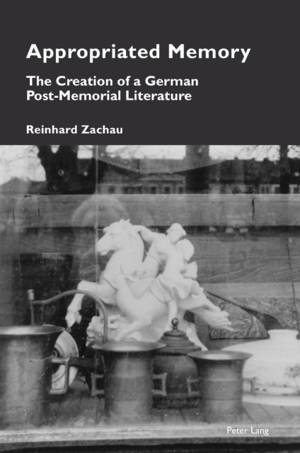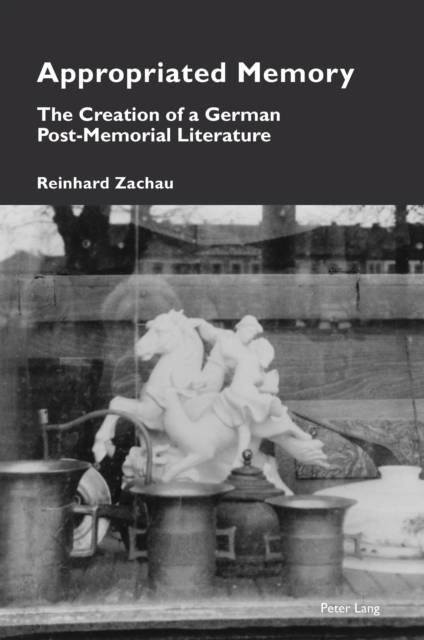
- Afhalen na 1 uur in een winkel met voorraad
- Gratis thuislevering in België vanaf € 30
- Ruim aanbod met 7 miljoen producten
- Afhalen na 1 uur in een winkel met voorraad
- Gratis thuislevering in België vanaf € 30
- Ruim aanbod met 7 miljoen producten
Zoeken
€ 108,45
+ 216 punten
Omschrijving
This book offers a survey of post-World War II German-language post-memorial writing. An analysis of the books by Heinrich Böll, Günter Grass, and Wolfgang Koeppen exposes the difficult path of German writing about the Holocaust. Koeppen's unauthorized appropriation of Jakob Littner's survivor memoir serves as the frame for this study, exposing the differences between perpetrator and victim perspectives. The various attempts by the current generation of authors to bridge this divide reflect the renewed interest and changed attitudes towards the Holocaust that emerged in Germany after Reunification. Included in this volume are W. G. Sebald's imaginary dialogue between a victim and a perpetrator, Ursula Krechel's exploration of Jewish life in Shanghai from a Jewish perspective, Iris Hanika's presentation of the distraught mindset of a member of Germany's second perpetrator generation, and Kevin Vennemann's narrative about a Jewish child in the midst of a Polish massacre.
Specificaties
Betrokkenen
- Auteur(s):
- Uitgeverij:
Inhoud
- Aantal bladzijden:
- 254
- Taal:
- Engels
- Reeks:
- Reeksnummer:
- nr. 23
Eigenschappen
- Productcode (EAN):
- 9781803747033
- Verschijningsdatum:
- 8/09/2025
- Uitvoering:
- Paperback
- Formaat:
- Trade paperback (VS)
- Afmetingen:
- 152 mm x 229 mm
- Gewicht:
- 358 g

Alleen bij Standaard Boekhandel
+ 216 punten op je klantenkaart van Standaard Boekhandel
Beoordelingen
We publiceren alleen reviews die voldoen aan de voorwaarden voor reviews. Bekijk onze voorwaarden voor reviews.







